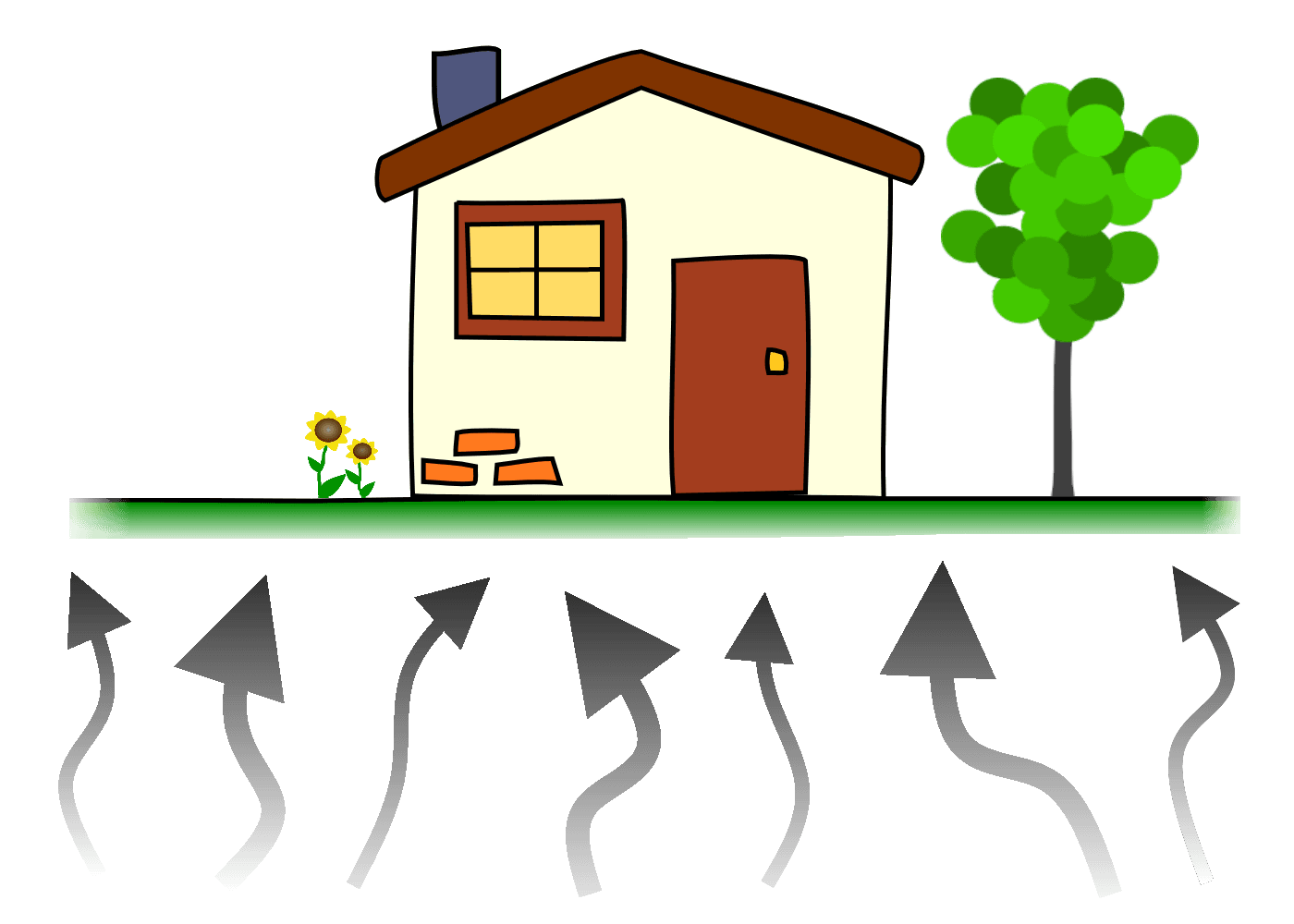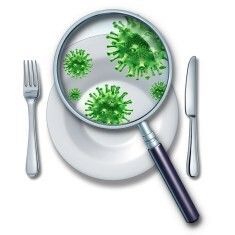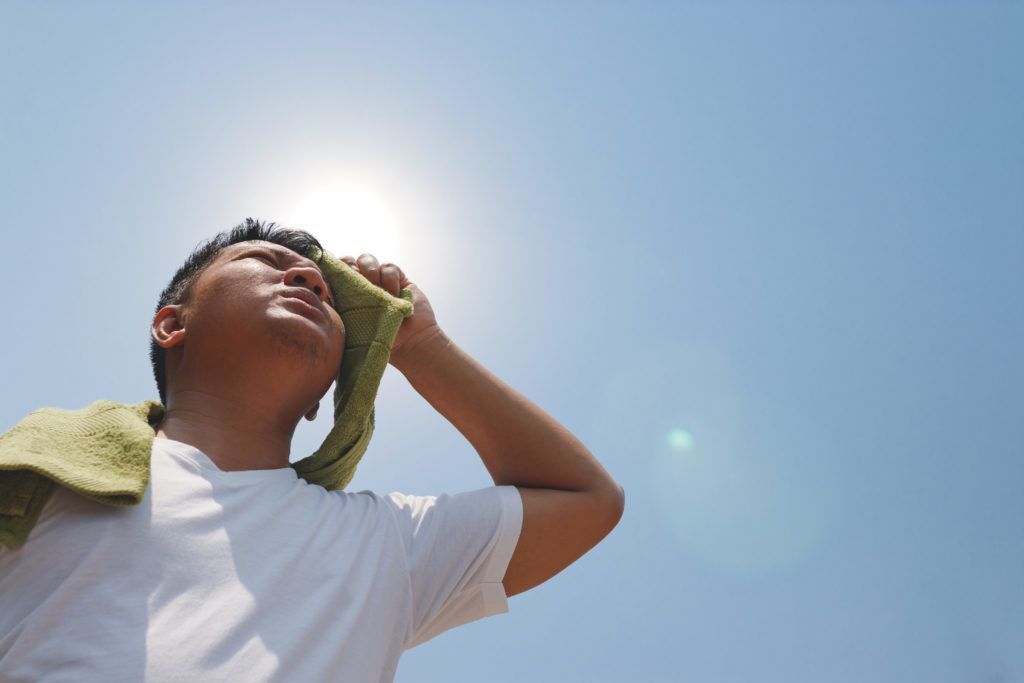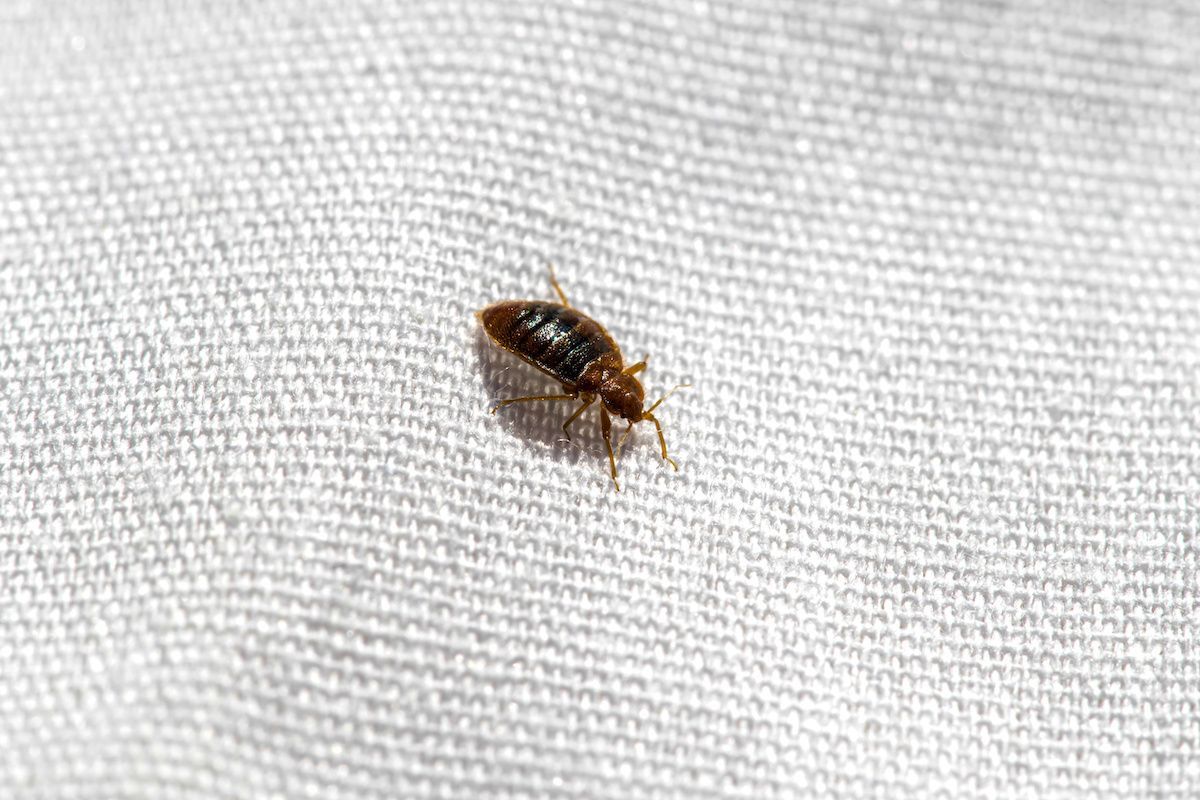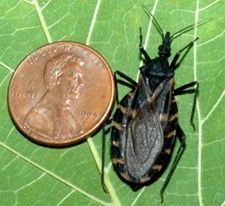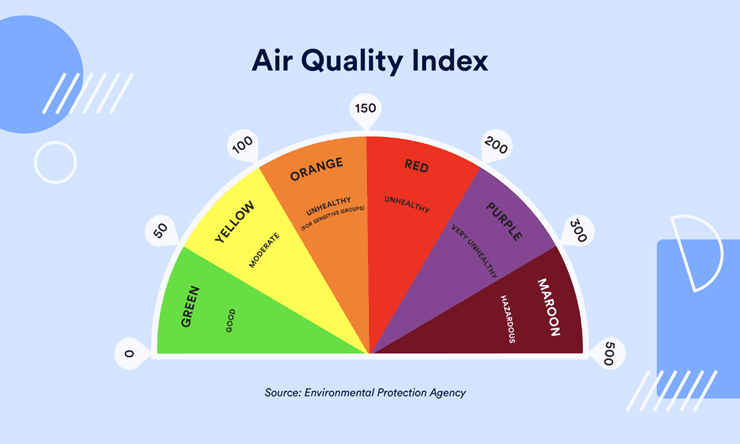Environmental Health
Environmental Health is the branch of public health concerned with all aspects of the natural and built environment affecting human health. Environmental health focuses on the natural and built environments for the benefit of human health. We will update the public of alerts in our area to protect the welfare of all who live, work, and visit Johnson, Nemaha, Otoe, Pawnee, and Richardson counties.
-
Radon is an odorless tasteless gas found in nature. It can build up in your home causing a health hazard for you and your family. By breathing in the radon gas, it can become trapped in our lungs, damaging the lung tissue and increasing your risk of lung cancer. Pick up a free test kit at our office. Please call for more details: 402-274-3993 ext. 113.
-
Foodborne illness is caused by consuming contaminated foods or beverages. Most foodborne diseases are infections caused by a variety of bacteria, viruses, and parasites. Please complete this form if you wish to report a foodborne illness for yourself or on behalf of someone else in your household.
-
Heat-related illnesses are preventable. Learn the symptoms and what to do if you or a loved one shows signs of having a heat-related illness.
-
Nebraska Department of Environment and Energy conducts weekly sampling for Harmful Algal Blooms (HABs), also known as toxic blue-green algae, and E. coli bacteria at 51 public recreational lakes (54 sites in all) across Nebraska from May through September, and these results are updated weekly. Click on the link to see the results.
-
Bedbugs are small, reddish-brown blood-sucking, wingless insects. Bedbug bites usually clear up without treatment in a week or two. Bedbugs aren't known to spread disease, but they can cause an allergic reaction or a severe skin reaction in some people. If you have bedbugs in your home, professional extermination is recommended.
-
Be on the lookout for Triatomine bugs – “commonly referred to as kissing bugs.” These insects much like mosquitos and ticks feed on blood and can carry a parasite that is the cause of Chagas disease. While more common in Central and South America there have been vector-borne cases of Chagas disease in the United States. The triatomine bugs are most active at night. The triatomine bug, while first identified in Nebraska in 2020, can commonly be mistaken for other insects in Nebraska such as the Masked Hunter, Western Conifer Seed Bug, and the Wheel Bug.
-
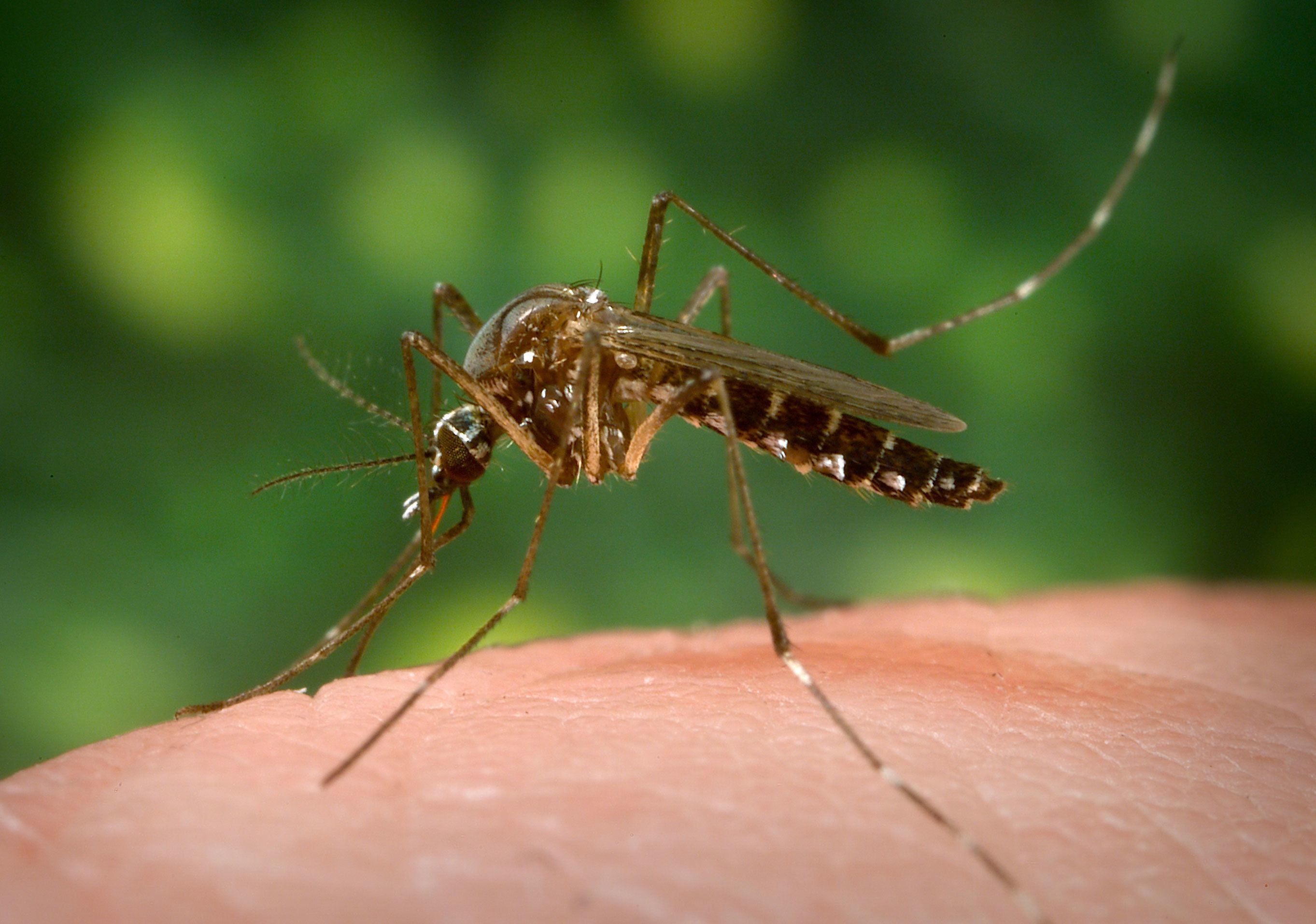 Mosquito-Borne Diseases
Mosquito-Borne DiseasesMosquitoes are able to spread diseases like the Zika virus, West Nile virus, Chikungunya virus, dengue, and malaria. Southeast District Health Department (SEDHD) follows mosquito-borne disease trends to keep the citizens of SEDHD regions safe and healthy.
-
Air quality refers to the condition of the air in our environment and its impact on human health and the environment. Good air quality indicates the air is clean and free from pollutants, while poor air quality means the air contains harmful substances, such as particulate matter (PM2.5 and PM10), nitrogen dioxide (NO2), sulfur dioxide (SO2), carbon monoxide (CO), and ozone (O3). Click on the above link to check your locations Air Quality Index (AQI).

